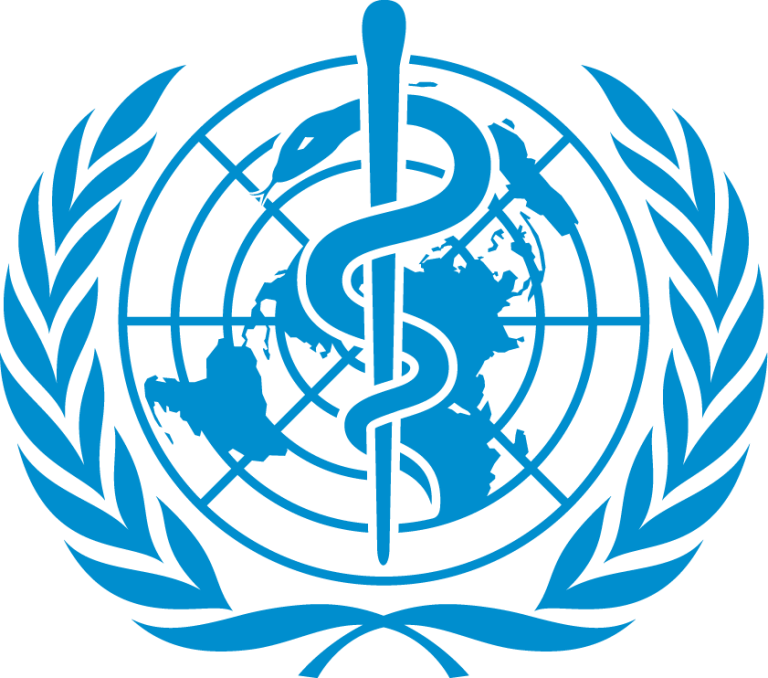Sepsis – a global challenge
WHO is making the fight against Sepsis and Antibiotic Resistant Bacteria a priority

Common causes include bacterial, viral, or fungal infections. Symptoms of sepsis may include fever, rapid heart rate, confusion, shortness of breath, and severe weakness. Early diagnosis and treatment with antibiotics and supportive care are critical to improving outcomes. Sepsis can progress rapidly, making it a medical emergency.
WHO is making the fight against Sepsis and Antibiotic Resistant Bacteria a priority.

49 million affected yearly
Sepsis
Sepsis is a common disease and worldwide 49 million 13 people suffer from sepsis each year, whereof as many as ≈ 11 millions die. Time is essential since the survival rate decreases rapidly with time. If a correct treatment is not established in time, the consequences of sepsis can be lethal.
But if one survives, one still can suffer from side-effects, such as intestinal problems, or risk of losing body parts. The oxygen level in blood usually is low in a sepsis patient, and there is a need for innovative methods to increase oxygen levels systemically in a patient. This would in turn have the potential to lower the possibility for a cytokine storm (CRS)10 and essentially loss of body parts if a person survives sepsis.

Antibiotic Resistance
Sepsis
Todays sepsis care has not changed for a long time, and it basically consists of broad-spectrum antibiotics combined with control of blood pressure and blood oxygen.
A proper diagnosis of bacteria can take up to 5-7 days. The vast majority (up to 90%) of the sepsis cases have its origin in bacterial infections and therefore Broad-Spectrum Antibiotics most often is provided when suspecting Sepsis. On average does a sepsis patient spend about 4-8 days11 at an intensive care unit, and therefore does sepsis constitute a major cost for the health care sector today.
Ultimately, mankind needs to lower the consumption of Broad-Spectrum Antibiotics that is causing the generation of Antibiotic Resistant Bacteria. WHO reports that Antibiotic Resistance Bacteria has globally increased to dangerously high levels threatening our ability to treat normal infections, as well as Sepsis. It has become harder and sometimes impossible to treat normal diseases as antibiotics become less and less effective.

Costly for the health care system
Sepsis
Sepsis-treatment is complicated and costly for the health care system. As an example, in Sweden, ≈ 30,000 patients contract sepsis annually, and the 28-day mortality of sepsis is close to 30% 15.
The total estimated cost in Sweden for Sepsis treatment is between 2,25 – 4,5 bn SEK/annum5,16 according to published material. In the USA alone, the costs for treating Sepsis are estimated to be ≈ 150 bn SEK/annum17 and the cost of treating a patient at Intensive Care Units with sepsis is six times greater than the average cost of treating a patient without sepsis6,18.



